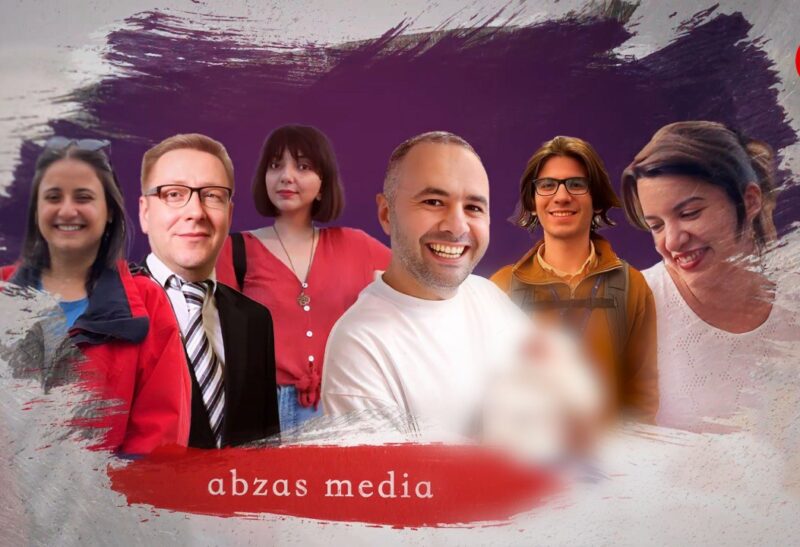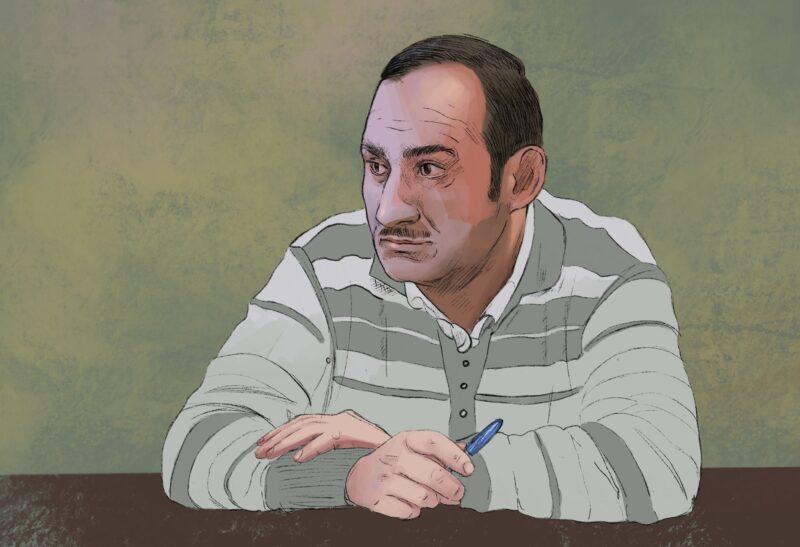The human rights organization Freedom House has released its “Internet Freedom 2024” report, covering the period from June 2023 to May 2024. The findings show a continued decline in internet freedom globally, marking the 14th consecutive year of worsening conditions.
According to the report, online rights deteriorated in 27 of the 72 countries surveyed, while 18 saw some improvement. The evaluation was based on a 100-point scale, with countries scoring between 100-70 considered “Free,” 69-40 as “Partially Free,” and 39-0 as “Not Free.”
Azerbaijan Among “Non-Free” Countries
Azerbaijan is categorized as “Not Free” with a score of 34, down from 37 in the previous year. The country ranks alongside Belarus, Iraq, and Zimbabwe, all in the same category. The most significant decline was seen in Kyrgyzstan, which dropped by four points. Other countries classified as “Not Free” include Russia, Turkey, and Iran.
In contrast, Georgia and Armenia were listed as “Free” countries, each with a score of 74.
Political Repercussions of Online Activity
The report also highlighted the detention of individuals in Azerbaijan during the military operation in Karabakh in September 2023. Former diplomat Emin Ibrahimov was among those held for a month due to social media posts that criticized the operation or advocated for a peaceful resolution. Baku officially declared the operation as a restoration of its territorial integrity, followed by a mass migration of Armenians from Karabakh. While Armenia labeled this as “ethnic cleansing,” Azerbaijani authorities denied the allegations, stating they had offered a reintegration plan to Armenians in the region.
Ibrahimov had previously been detained in July 2023 on separate charges of hooliganism, which he claims are politically motivated.
Elections and Alleged Manipulation
Freedom House’s report also points to manipulation in electoral processes in several authoritarian states. In Azerbaijan, it is noted that pro-government commentators worked to present the February 2023 extraordinary presidential election as legitimate, despite widespread allegations of rigging. The report states that content creators from various countries were invited to observe the election and were provided with expense-paid trips to Baku.
The organization further asserts that the election was manipulated to ensure President Ilham Aliyev’s victory and that fake election monitoring missions were financed to create a veneer of legitimacy. Azerbaijani officials have not yet responded to the report, though similar critiques from Freedom House and other organizations have previously been met with strong criticism from the government.
Earlier this year, Azerbaijan also held extraordinary parliamentary elections. Although the government described both elections as democratic, the OSCE/ODIHR reported that they took place in a restrictive, non-competitive environment, with independent observers documenting numerous violations.
Regional Trends in Internet Freedom
The report highlights a continued decline in internet freedom across Eurasia, with Russia receiving the lowest score in the region at 20 points. The Kremlin’s invasion of Ukraine has had a significant impact, with Russian forces destroying internet infrastructure and imposing a strict censorship regime in occupied territories.
Globally, Myanmar and China are identified as having the most repressive environments for internet freedom.



